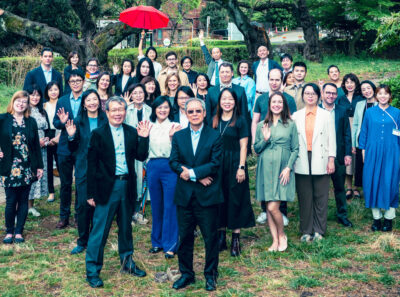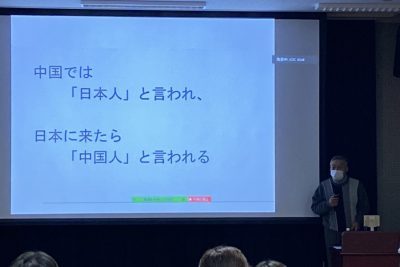How Science Interacts with Society During an Emergency: Science Can Offer Mitigating Countermeasures

When facing an emergency, people and their broader societies expect science and scientists to provide possible countermeasures capable of mitigating the situation. Especially in case of an unknown event, the utilization of scientific knowledge and ability is one of the few possibilities to solve a difficult situation
In 2017, when the United Nations discussed its Sustainable Development Goals (SDGs), the chair of the SDG Science, Technology and Innovation Forum, Kenya’s UN ambassador Macharia Kamau mentioned his expectation that science would be able to provide possible solutions to global issues like SDGs. For Kamau, this is because governments already have dedicated relatively large resources to scientific activity. Kamau’s statement shows the typical expectation that society places on science.
Most countries have invested enormous resources in scientific activity. Governments around the globe hire numerous scientists as researchers or as professors, establish research laboratories in research institutes and universities, and then finance them with research funds. The scientific fields that society supports range from the natural sciences to the social sciences and humanities, and cover mathematical, physical, chemical, and biological sciences.
When it comes to the coronavirus, the main players in the scientific arena dealing with the virus are medical personnel. Medical professionals, especially those doing clinical work, have devoted themselves to the treatment and care of their patients, to testing, and to the discovery of possibly infected persons. In other medical science fields, researchers are trying to identify and develop treatments for or vaccines effective on the virus. In core medical science fields like virology, numerous researchers are working to elucidate the distinctive characteristics of the coronavirus, such as its mechanism of infection or its infectivity. This fundamental knowledge is crucial if we are to create better countermeasures. The activities of scientists and researchers in such related fields are both valuable and appreciated.
However, science still offers many other possibilities for our dealing with the coronavirus pandemic. Scientists and engineers in diverse fields are using their own methodologies to help us cope. Some examples of this are to be found in efforts of several physicists to analyze the novel coronavirus. Professor Masaki Sano of the Tokyo College has been studying the pandemic using statistical physics, work he documents on this blog. Working in collaboration with Professor Sano and with other professors of condensed matter physics, Professor Takashi Odagaki, Professor Emeritus of Kyushu University, is researching the correlation between the number of infection investigations and the regulation of interpersonal contact. His work suggests that increasing the number of infection investigations and coupling that with a more rigorous quarantining infected persons is more effective in mitigating infections than simply reducing opportunities for physical contact overall for the general public.
Another example is a proposal by Professor Shinya Yamanaka, Professor of Kyoto University and the Nobel Laureate for Physiology or Medicine in 2012. During an online panel, Professor Yamanaka proposed to Japanese Prime Minister Shinzo Abe an expansion of PCR testing by using the PCR testing capacity of university labs. These efforts by scientists, engineers, and technicians who are not coronavirus experts are deeply appreciated by the general public. In these cases, the initial stages of these research activities began by existing resources or with the redirection of existing research funds. Still, the public, especially the government, should not simply take advantage of such good will and voluntary undertakings. This work is undertaken by researchers and students on their own time and using their limited resources. This is often at the expense of their ability to conduct their original research projects. Since their primary mission should remain their original commitments to research and education, it behooves the government to adopt financial measures to compensate such researchers for their efforts. The government should allocate funding to cover the expenses they incur in these newly necessary avenues of research.
Science serves society into the future as well. Our elucidation of specific mechanisms of the novel coronavirus will continue. Important points for this endeavor are the collection of facts and data. Since this virus will not vanish, effective countermeasures and proper preparedness for new waves of the epidemic will rely heavily upon objective facts and scientific data. Science is capable of gathering data fairly and creating archives of objective evidence without concealing what are inconvenient truths for some groups of people. These efforts offer a firm basis upon which we can build a future.
The next step in strengthening the relationship between society and science is providing scientific advice that can contribute to better policy-making based upon facts and data. In the next article, I will explain what scientists can do to better inform and better provide policy-makers with science advice.








